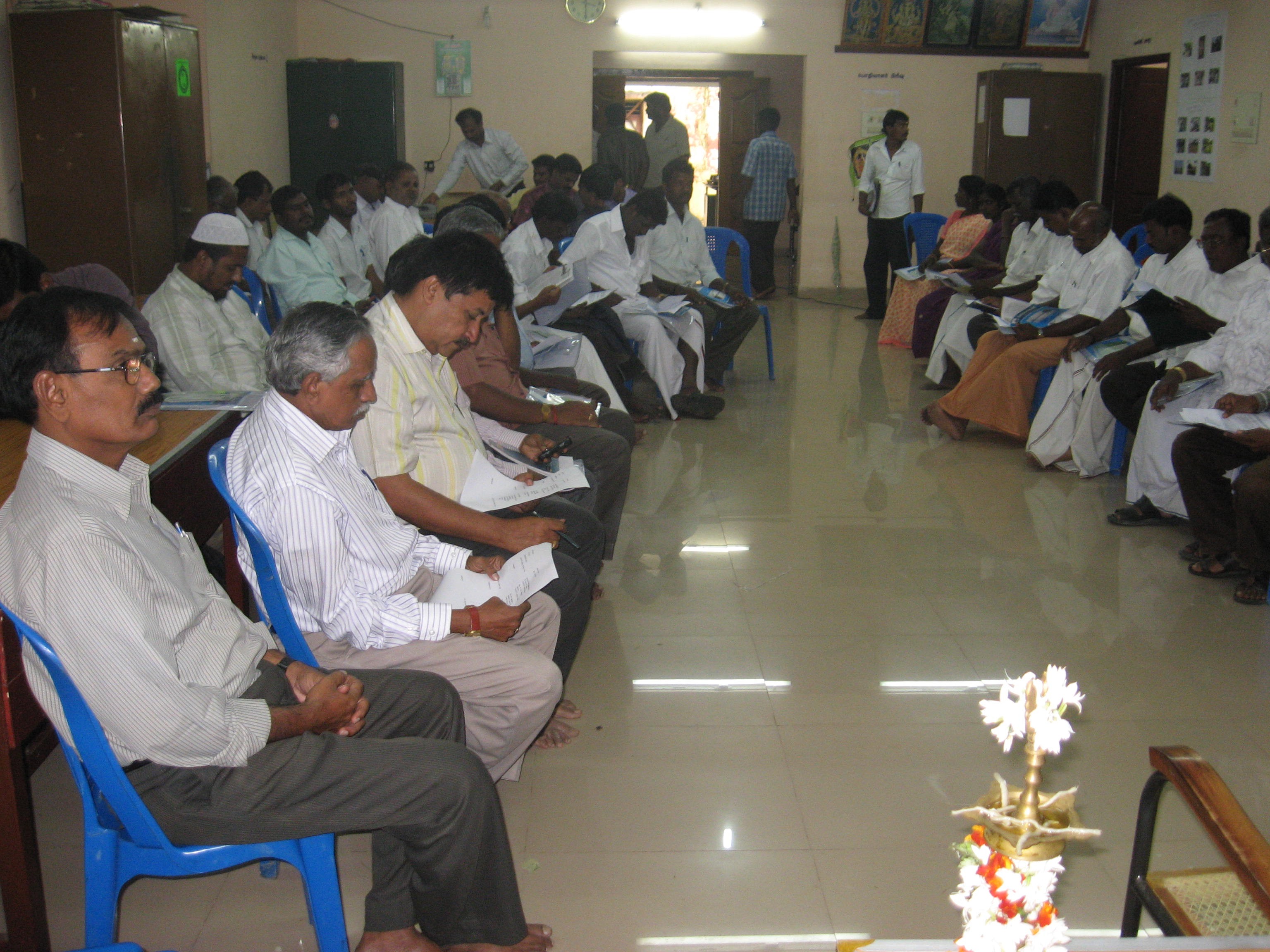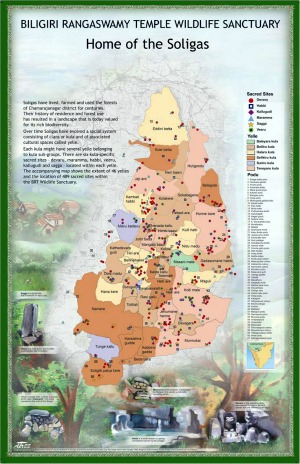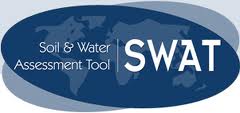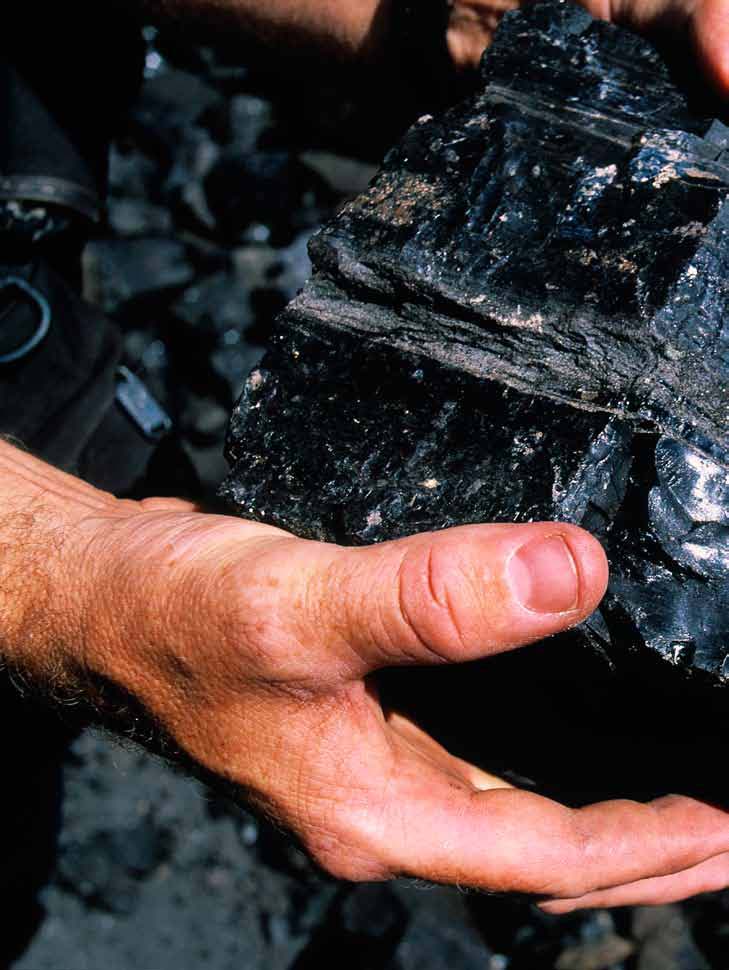/topics/society-culture-religion-and-history
Society, Culture, Religion and History
Initiation workshop in November 2011 - Study on exploring strategies for increasing per capita availability of water in Gingee town (Tamil Nadu) - DHAN Foundation
Posted on 01 Dec, 2011 11:56 AMThis workshop organised by the DHAN Foundation in the Gingee Town Panchayat (GTP) in Tamil Nadu on the 18th of November 2011, aimed at initiating a scientific study titled “Strategy for increasing per capita availability of water for Gingee town, Tamilnadu". Elected representatives of the town panchayat along with the general public and government officials participated in this workshop.

Trouble in Tigerland: Why conservation efforts continue to fail
Posted on 30 Nov, 2011 11:53 AMGuest Post: Nitin Rai, Ashoka Trust for Research in Ecology and the Environment (ATREE)
Drawing upon his experience working with the Soligas who live within the Biligiri Rangaswamy Temple Wildlife Sanctuary, Nitin Rai talks about the ‘wilderness’ myth and explores the origins and impacts of the belief that people and animals cannot co-exist.

Harvest of rain - A CSE film
Posted on 28 Nov, 2011 04:13 PMThe camera wanders through the states of Uttar Pradesh, Rajasthan, Tamil Nadu and Maharashtra and records the profound traditional science of the people. “Harvest of Rain” analyses a wide variety of water harvesting systems as a function of differing ecological terrains
Bringing life back to Chilika lagoon in India
Posted on 28 Nov, 2011 10:34 AMContent and Media Courtesy: International Union for Conservation of Nature
This 116,500 hectare brackish lagoon separated from the Bay of Bengal by a long sandy ridge was added to the Ramsar List of Wetlands of International Importance in 1981.This was because the lagoon was facing serious degradation due to siltation and choking of the seawater inlet channel, resulting in the proliferation of invasive freshwater species, the decrease in fish productivity, and an overall loss of biodiversity [1].
6 day course on "Re-imagining the world-class city", IIHS, December 1 - 6, 2011, New Delhi
Posted on 25 Nov, 2011 08:44 AMOrganizers: IIHS

The Indian Institute for Human Settlements (IIHS) is a national education institution committed to the equitable, sustainable and efficient transformation of Indian settlements. IIHS is India’s first prospective independently funded and managed national university for Innovation that focuses on its ongoing urban and development transformation. It is a first-of-its-kind, practice and innovation-oriented knowledge institution that seeks to bridge the conventional excellence, scale and inclusion divide.
Gravity based spring water supply systems in Andhra Pradesh: Lessons and steps towards the future
Posted on 22 Nov, 2011 07:35 AMGuest post by – Rahul Bakare, Arghyam
This article details an example where local knowledge has been used to develop access to safe water in the tribal areas of the Eastern Ghats in Andhra Pradesh
Mining India: Sustainably for growth – A report by Ernst & Young and ASSOCHAM
Posted on 20 Nov, 2011 09:36 AM It deals with issues around capital raising, policy framework, efficiency and sustainability and provides a way forward for strategic acceleration of the benefits.
It deals with issues around capital raising, policy framework, efficiency and sustainability and provides a way forward for strategic acceleration of the benefits.
A river runs through us: An award-winning film on the threats faced by our rivers
Posted on 18 Nov, 2011 03:32 PMArticle and media courtesy: International Rivers
Living rivers, dying rivers: Rivers in North East India
Posted on 15 Nov, 2011 03:29 PMRivers in North-East India

NIDR invites applications for Photo Contest & Exhibition ,Hyderabad – Apply by November 21, 2011
Posted on 10 Nov, 2011 07:23 AM 
National Institute of Rural Development (NIRD) is the country’s apex body for undertaking training, research, action research and consultancy functions in the rural development sector. It works as an autonomous organization supported by the Ministry of Rural Development, Government of India. Integrated rural development through holistic approach is a national commitment. The mission of NIRD is to facilitate rural development vigorously through government and non-governmental initiatives.





